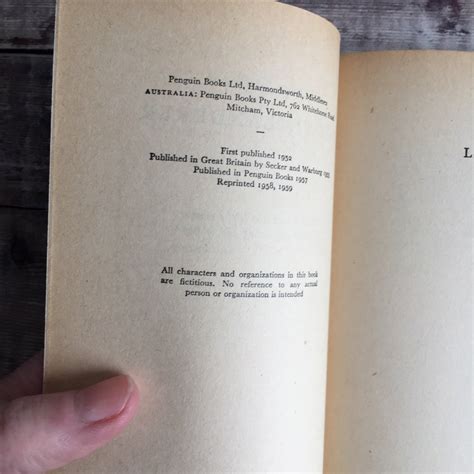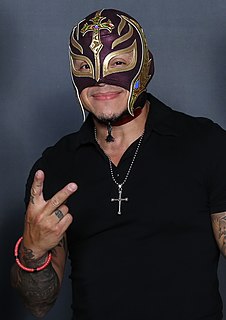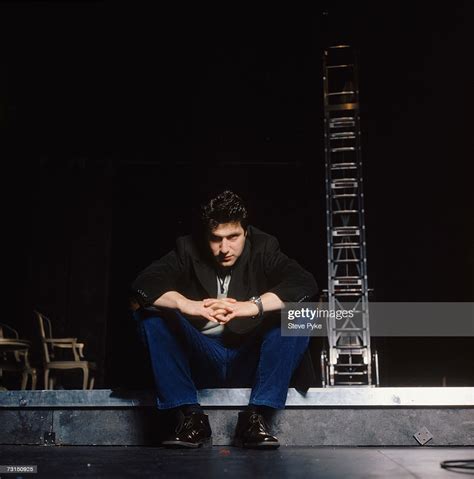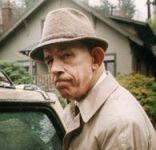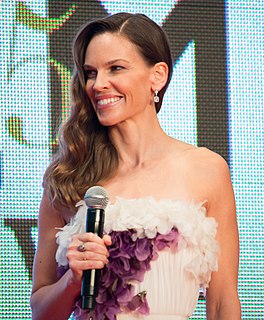Top 1200 Reading Fiction Quotes & Sayings - Page 20
Explore popular Reading Fiction quotes.
Last updated on April 16, 2025.
The highest branch of solitary amusement is reading; but even in the choice of books the fancy is first employed; for in reading, the heart is touched, till its feelings are examined by the understanding, and the ripening of reason regulate the imagination. This is the work of years, and the most important of all employments.
Meanwhile, however, what’s most bothersome about Pulp Fiction is its success. This is not to be mean-spirited about Tarantino himself; may he harvest all the available millions. But the way that this picture has been so widely ravened up and drooled over verges on the disgusting. Pulp Fiction nourishes, abets, cultural slumming.
It would be worth the while to select our reading, for books are the society we keep; to read only the serenely true; never statistics, nor fiction, nor news, nor reports, nor periodicals, but only great poems, and when they failed, read them again, or perchance write more. Instead of other sacrifice, we might offer up our perfect (teleia) thoughts to the gods daily, in hymns or psalms. For we should be at the helm at least once a day.
I think that prog rock is the science fiction of music. Science fiction speculates on what the future might be and look like and how we'll get there, and yet there's always a central theme of humanity, or there should be. Progressive rock has the same concept of exploration into the parts of the music world that hasn't been explored.
..and certain that life consisted of a few simple signals and decisions; that death took root at the moment of birth and man’s only recourse thereafter was to water and tend it; that propagation was a fiction; consequently, society was a fiction too; that fathers and teachers, by virtue of being fathers and teachers, were guilty of a grievous sin.
I was in my senior year of high school when I read 'Notes From Underground' by Dostoyevsky, and it was an exhilarating discovery. I hadn't known up until that moment that fiction could be like that. Fiction could say these things, could be unseemly, could be unsettling and distressing in that particular way, that immediate and urgent way.
Writing fiction is very different to writing non-fiction. I love writing novels, but on history books, like my biographies of Stalin or Catherine the Great or Jerusalem, I spend endless hours doing vast amounts of research. But it ends up being based on the same principle as all writing about people: and that is curiosity!
Science fiction properly conceived, like all serious fiction, however funny, is a way of trying to describe what is in fact going on, what people actually do and feel, how people relate to everything else in this vast sack, this belly of the universe, this womb of things to be and tomb of things that were, this unending story.
Science fiction [is] the kind of writing that prepares us for the necessary mutations brought about in society from an ever changing technological world and as a result. The mainstream hasn’t excluded SF; the mainstream has excluded itself. No one told Jules Verne he was a science fiction writer, but he invented the 20th century.
Fiction allows us to see the world from the point of view of someone else and there has been quite a lot of neurological research that shows reading novels is actually good for you. It embeds you in society and makes you think about other people. People are certainly better at all sorts of things if they can hold a novel in their heads. It is quite a skill, but if you can't do it then you're missing out on something in life. I think you can tell, when you meet someone, whether they read novels or not. There is some little hollowness if they don't.
Forever, reading has been central, the necessary fix, the support system. Her life has been informed by reading. She has read not just for distraction, sustenance, to pass the time, but she has read in a state of primal innocence, reading for enlightenment, for instruction, even. ... She is as much a product of what she has read as of the way in which she has lived; she is like millions of others built by books, for whom books are an essential foodstuff, who could starve without.



